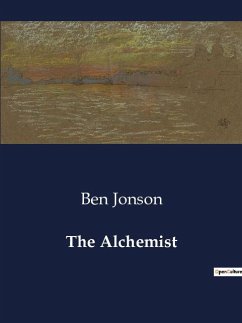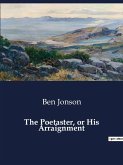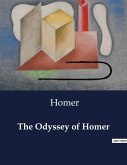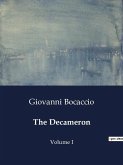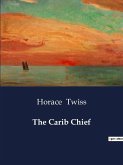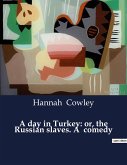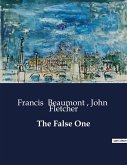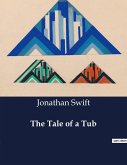THE greatest of English dramatists except Shakespeare, the first literary dictator and poet-laureate, a writer of verse, prose, satire, and criticism who most potently of all the men of his time affected the subsequent course of English letters: such was Ben Jonson, and as such his strong personality assumes an interest to us almost unparalleled, at least in his age. Ben Jonson came of the stock that was centuries after to give to the world Thomas Carlyle; for Jonson's grandfather was of Annandale, over the Solway, whence he migrated to England. Jonson's father lost his estate under Queen Mary, "having been cast into prison and forfeited." He entered the church, but died a month before his illustrious son was born, leaving his widow and child in poverty. Jonson's birthplace was Westminster, and the time of his birth early in 1573. He was thus nearly ten years Shakespeare's junior, and less well off, if a trifle better born. But Jonson did not profit even by this slight advantage. His mother married beneath her, a wright or bricklayer, and Jonson was for a time apprenticed to the trade.

